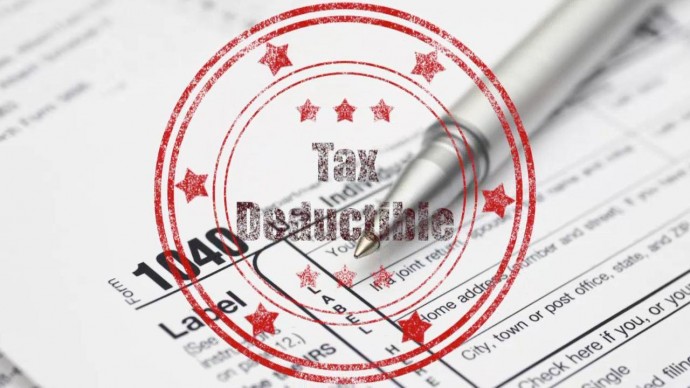
 Overlooked tax deductions don’t do consumers any justice, resulting in either less of a tax refund owed to them or a larger tax bill owed by them to the IRS. The government won’t stop you from handing them more money. They will only stop you when you try to get away with not paying enough taxes. Don’t let that scare you out of getting the money that is owed to you.
Overlooked tax deductions don’t do consumers any justice, resulting in either less of a tax refund owed to them or a larger tax bill owed by them to the IRS. The government won’t stop you from handing them more money. They will only stop you when you try to get away with not paying enough taxes. Don’t let that scare you out of getting the money that is owed to you.
You work hard, and you pay your taxes. Perhaps you’ve overlooked deductions because you didn’t quite fully understand them. Or, maybe you’ve overlooked them because you’re not sure if they apply to you. Maybe you’ve overlooked deductions because you simply just don’t know they are out there to claim. No matter the reason, it’s time to get all the tax deductions owed to you.
Did you know that you can claim medical expenses on your taxes? The way this works is that you get to claim anything over 7.5 percent of your total income. Remember when you come up with this number, it’s the adjusted gross income that you use. What is covered? Imagine getting all your mileage covered for driving to those doctor’s appointments.
Those deductions can start adding up, and they can make a significant impact or your tax return or the amount of tax you owe annually. If you’re thinking that you aren’t getting all the deductions owed to you, maybe it’s time to have a professional do your taxes. Sure, you have to pay the tax professional, but if what you get back in deductions exceeds what you pay the tax professional, then you’re a winner.
Charity work is something else to look at while you’re totaling up those deductions. Most people that do charity work know that the actual work itself can’t be claimed. However, what are your personal expenses for the charity, and what is your mileage? Again, you’re totaling up that mileage and getting reimbursed.
As you can see, it makes sense to know these deductions ahead of time so that you can track them throughout the year. You’ll learn more about tax deductions as the year goes by, so make sure you keep meticulous records about everything. That doesn’t mean you have to live, eat and breathe taxes, but you just need to be sure that you pay attention to your expenses. Are they tax deductions? If you’re not sure, save the receipts anyway. Calculate your mileage for things that you do in case you can claim that mileage on your taxes. As you can see, sometimes you can!
There are more tax credits to homeowners than you might think. Yes, you can claim your mortgage interest, but did you know there is simply a home buyer tax credit? This not only applies to people who buy their first home, but it applies to people buying a home in general. The one for first time home buyers is more than the one for general home buyers, but either one is still a whopping tax credit.
Remember that you’re looking for your total deductions to exceed two percent. Why? This is what allows you to itemize your deductions, and you’d be surprised to find out that new types of deductions are always made available. You might have thought you were claiming everything, but all the sudden you find out there are more to claim. Once you get over that two percent threshold, the itemization of your taxes is going to really start paying off, and you’re going to wish you had done this much sooner.

 How
How